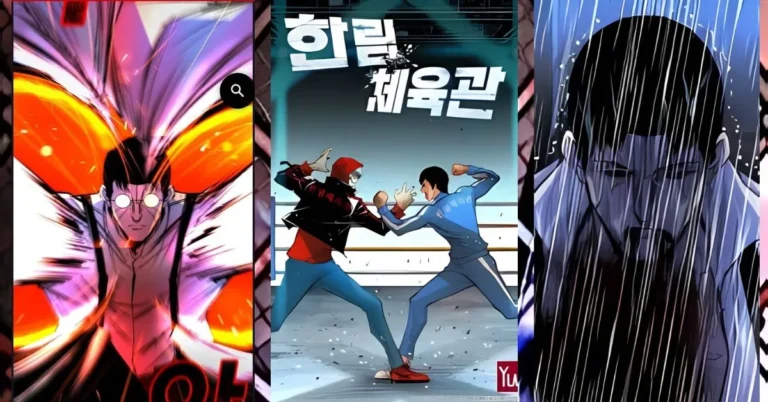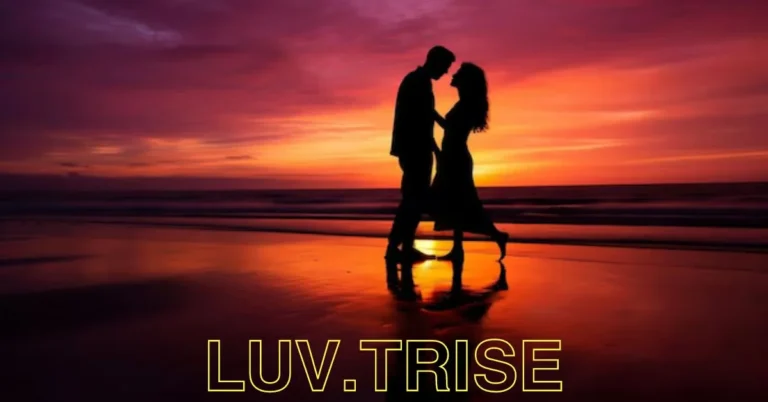The Importance of Lyrics: What Songwriting Classes Teach You
Lyrics are the most crucial component of a song, acting as the voice that delivers the message embedded in the music. They transform melodic sounds into meaningful communication, offering both the artist and listener a deeper connection to the song’s intent. When writing a song, understanding the foundational role of lyrics is paramount. This understanding is a cornerstone of the curriculum in songwriting classes, where budding musicians learn to prioritize words’ narrative and expressive power in conjunction with the music.
These classes guide students through the intricacies of lyrical composition, from the nuances of word choice to the impact of phrasing. By dissecting the lyrics of influential songs, students gain insights into how simplicity in language can often create the most profound impact. Learning in such courses isn’t merely about crafting lyrics that fit the tune but creating an emotional conduit that bridges the artist’s vision with the audience’s perception. The emphasis is on finding a voice authentically yours that resonates personally while appealing universally.
Crafting Powerful Lyrics
The ability to write powerful lyrics is an art form that requires dedication and practice to master. This aspect is deeply ingrained in songwriting classes, where students not only study the works of great lyricists but also engage in exercises that challenge and expand their expressive capabilities. Powerful lyrics often originate from a place of authenticity and vulnerability, capturing real emotions and experiences in a way that is accessible to listeners.
Students are encouraged to explore their narratives, using their life experiences as the fabric from which they weave their lyrics. Techniques such as freewriting, brainstorming, and even structured constraints unlock creativity and allow ideas to flow more freely. Furthermore, these classes provide a platform for sharing and receiving constructive feedback, encouraging a cycle of refinement and growth. This communal approach helps lyricists to sharpen their tools, ensuring their work is both polished and impactful, ready to engage and resonate with audiences.
Mastering Lyrical Storytelling
At the heart of every memorable song lies a compelling story, articulated through its lyrics. Songwriting classes offer a deep dive into the elements of effective lyrical storytelling, emphasizing how a strong narrative arc can transform a good song into an unforgettable experience. Songwriters can craft songs that take listeners on a journey by structuring their narratives—using verses to develop tension and choruses to deliver resolution.
To master this, students learn to employ literary devices such as allegory, metaphor, and imagery to enrich their storytelling. This adds layers of meaning and invites listeners to engage with the song on a deeper level, as they decipher the symbolism within the lyrics. By understanding and applying these techniques, songwriters can elevate their craft, using words to communicate, paint vivid mental images, and evoke profound emotional responses.
Creating Emotional Impact Through Words
One of the most impactful lessons from songwriting education is learning how to evoke strong emotions through lyrics. Selecting words that resonate emotionally is pivotal, as these choices shape the listener’s experience and engagement with the music. In songwriting classes, students are taught to wield words with precision, understanding the subtle ways in which tone, pacing, and diction contribute to the overall emotional impact of a song.
Experimentation plays a crucial role in discovering the emotional potential of lyrics. Students are encouraged to experiment with different techniques and styles until they find the right combination that conveys their desired feelings. This exploration can involve altering perspectives, casting lyrics in different emotional lights, or even rewriting sections to fit the song’s emotional arc better. The goal is to craft lyrics that are both sonically pleasing and profoundly affecting, creating a lasting impression on the audience.
Collaborative Lyric Writing
Collaboration is a valuable aspect of the songwriting process often highlighted in classes. Working with others can lead to a dynamic interchange of ideas, fostering creativity and pushing boundaries to produce innovative and diverse music. Collaborative lyric writing sessions in songwriting courses allow students to merge their unique talents and perspectives, often resulting in richer, more nuanced songs.
This collaborative spirit encourages participants to step outside their creative confines, exploring new themes and genres they might not have considered alone. By blending varied lyrical styles and influences, songwriters can achieve a synergy that enhances their work beyond what solo efforts might produce. This cooperative approach enriches the songs and cultivates an environment where creativity is shared and celebrated.
Related: Jeinz Macias: A Musical Journey of Humility, Innovation, and Impact
Enhancing Lyricism Through Technology
Integrating technology in songwriting classes presents new opportunities for enhancing lyric writing. Modern tools and applications assist songwriters by offering platforms for organization, rhyme development, and thesaurus functions, which support the creative process. These technologies act as digital companions, helping songwriters streamline their workflow and expand their stylistic options.
Beyond these practical tools, technology facilitates a broader exchange of ideas and feedback, breaking geographical barriers and opening access to a global community of fellow songwriters and critics. By leveraging technology, aspiring lyricists can receive feedback, share their creations, and engage in creative exchanges that foster development and innovation. As technology advances, its role in the creative process grows, offering new and exciting ways for lyricists to express themselves.
Overcoming Challenges in Lyric Writing
Every songwriter faces challenges, whether a creative block, difficulty expressing complex emotions, or finding the right words to match a melody. Songwriting classes equip students with strategies to tackle these hurdles, focusing on adaptation and resilience as key to triumphing over obstacles. Techniques taught include structured writing exercises designed to push creative boundaries and tips for altering writing environments to spark new ideas.
Moreover, these classes emphasize the importance of viewing challenges not as hindrances but as opportunities for growth. By adopting a mindset that sees obstacles as a chance to learn and evolve creatively, songwriters can turn their struggles into catalysts for reflection and innovation. Such an approach builds a deeper connection to one’s creative instincts, encouraging constant development and a more profound exploration of personal artistry.







